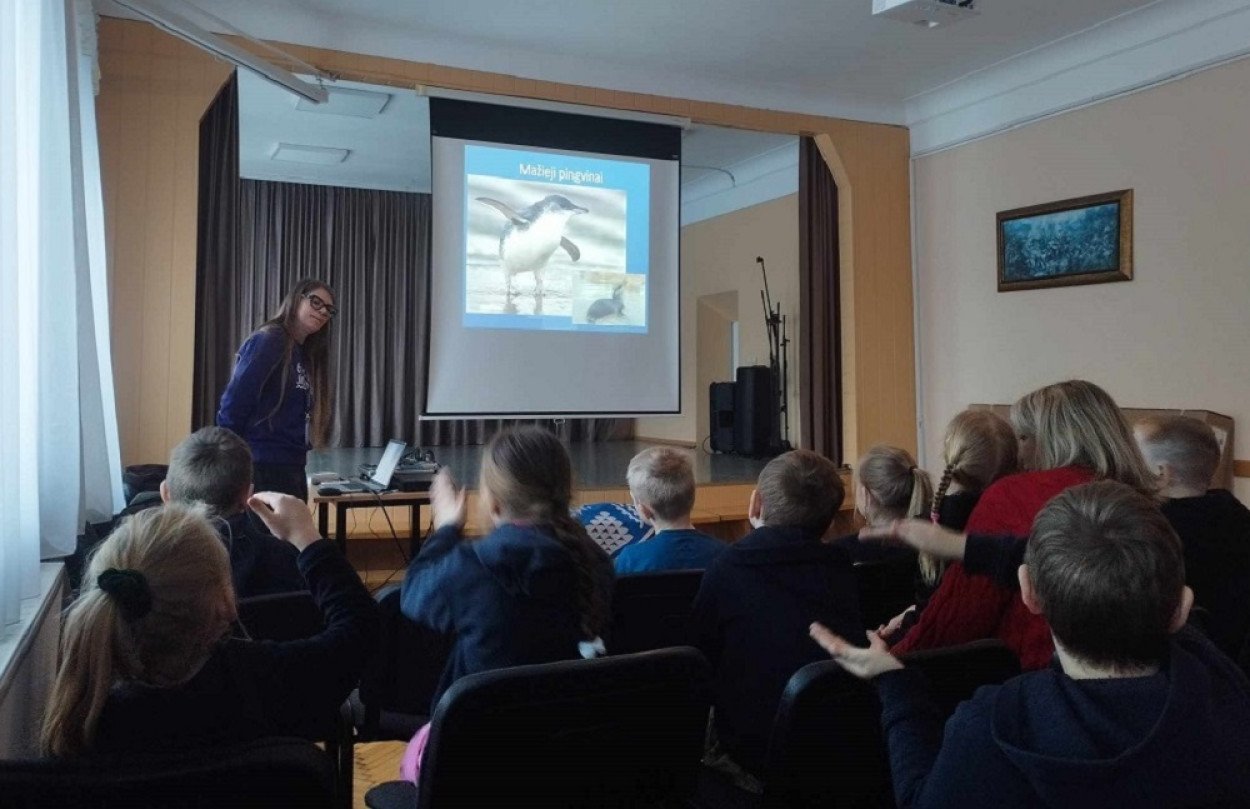
Vandens raštingumą ugdančios pamokos gimnazijoje #ProBleu
Water literacy training classes at #ProBleu gymnasium
Tęsiant tarptautinio projekto „ProBleu“ veiklas, į gimnaziją atvyko Lietuvos jūrų muziejaus edukatorės, kurios 1–10 klasių mokiniams pristatė įtraukiančius pranešimus ir vedė edukacines veiklas: „2050 Baltija. Distopija ar realybė?“, „Vandens gyvenimo linija“, „Pingvinai. Kuo mes panašūs?“, „Kas Baltijoje gyvena?“.
Veiklų metu mokiniai sužinojo svarbių faktų apie Baltijos jūrą ir jos ekosistemos iššūkius:
- Baltijos jūra yra viena iš penkių labiausiai užterštų jūrų pasaulyje.
- Jūrą teršia net devynios valstybės, tarp jų ir Lietuva.
- 2024 m. Baltijos jūros pakrantėse buvo rasti 25 ruoniai, iš kurių tik 19 pavyko išgelbėti.
- Per pastarąjį šimtmetį Baltijos jūroje žuvų populiacija sumažėjo net 70 % dėl užterštumo.
- Prognozuojama, kad 2040-aisiais į vandens ekosistemas plastiko atliekų kiekis išaugs nuo 12 mln. iki 23–37 mln. tonų per metus.
Tokie nerimą keliantys faktai ir išgirstos distopinės gyvūnų istorijos skatino mokinius susimąstyti apie atsakomybę saugant gamtą ir jų pačių elgesį kasdienėje aplinkoje. Šios veiklos ne tik praplėtė mokinių vandens raštingumo žinias, bet ir ugdė empatiją gamtai bei gyvūnų išlikimui.
Atsakingas ir sąmoningas kiekvieno iš mūsų elgesys gamtoje – ne pasirinkimas, o kasdienė pareiga.
As the activities of the international project "ProBleu" continued, educators from the Lithuanian Maritime Museum came to the gymnasium and gave engaging presentations and educational activities to students of grades 1-10: "2050 Baltija. Dystopia or reality?", "Water life line", "Penguins. What do we have in common?", "Who lives in the Baltic States?".
During the activities, students learned important facts about the Baltic Sea and its ecosystem challenges:
- The Baltic Sea is one of the five most polluted seas in the world.
- As many as nine countries pollute the sea, including Lithuania.
- 2024 25 seals were found on the shores of the Baltic Sea, of which only 19 were saved.
- In the last century, the fish population in the Baltic Sea has decreased by as much as 70% due to pollution.
- It is predicted that in the 2040s, the amount of plastic waste entering the water ecosystem will increase from 12 million up to 23-37 million tons per year.
Such disturbing facts and heard dystopian stories of animals make students think about the responsibility of protecting nature and their whole everyday environment. These activities not only broadened students' knowledge of water literacy, but also developed empathy for nature and animal survival.
Responsible and conscious behavior of each of us in nature is not a choice, but a daily duty.

-item-525x350.jpg)
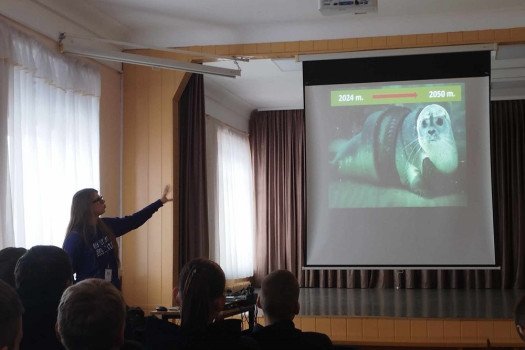
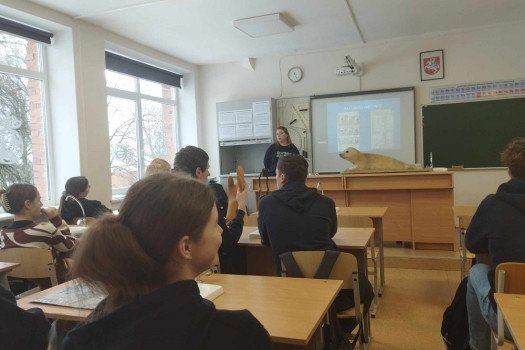
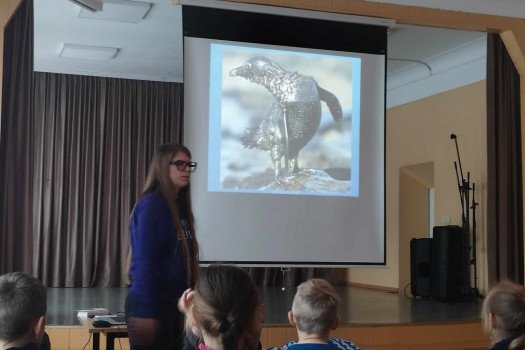
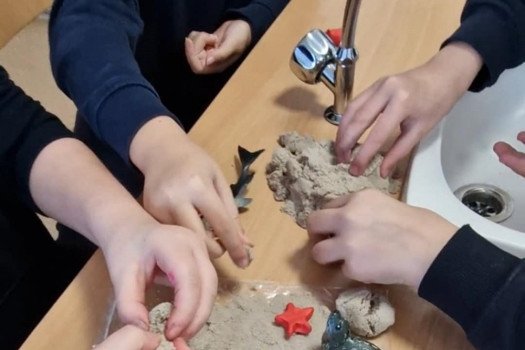



-item-600.jpg)